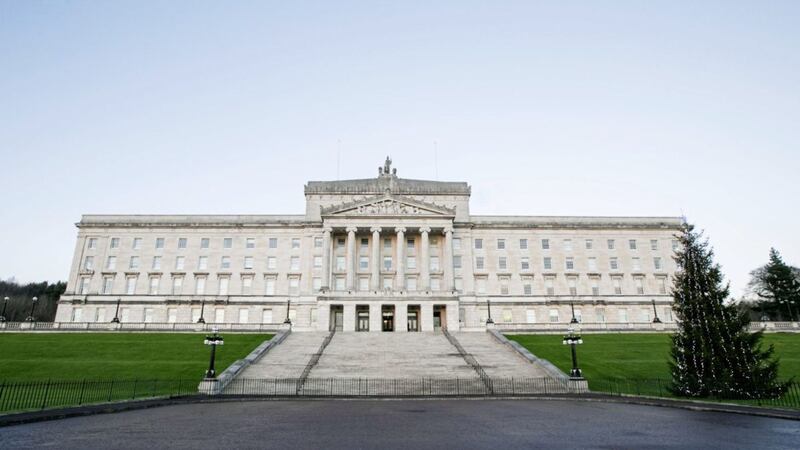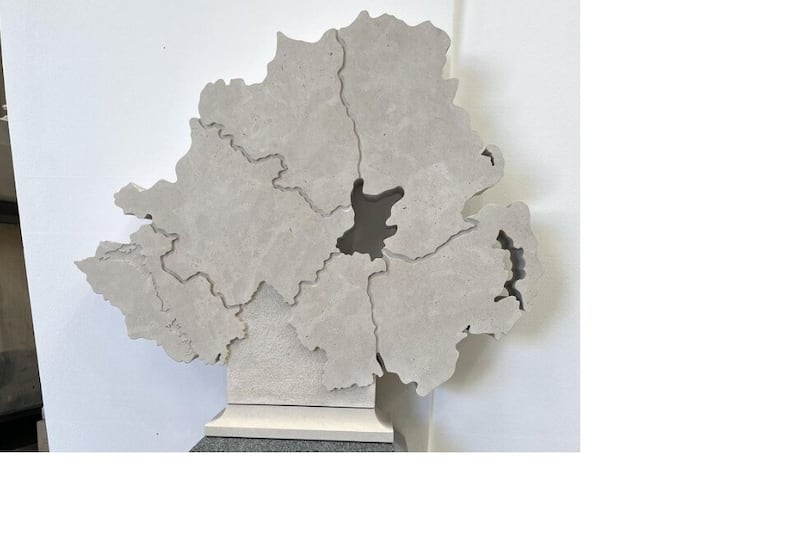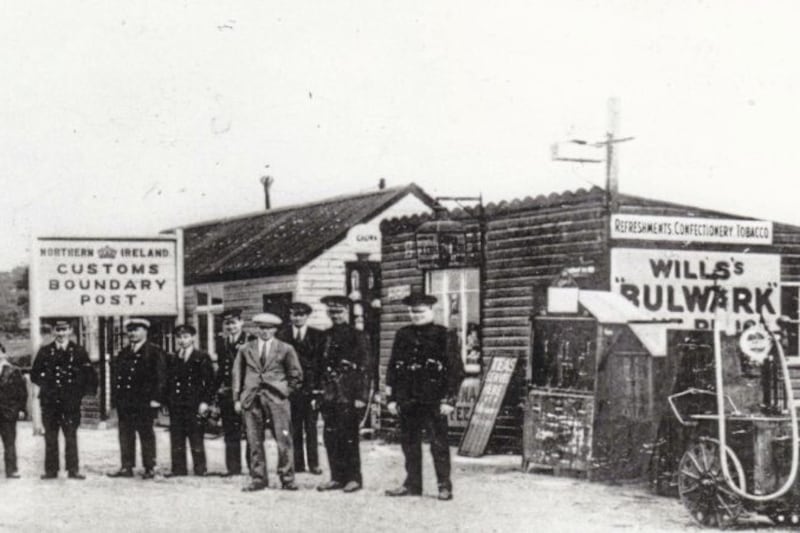THE notoriously outspoken Alan Clark, who was a minister in Thatcher’s cabinet, came up on two different occasions with his ‘solution’ to the north’s apparently intractable problems.
His first proposal was “to take out and shoot 600 IRA suspects”.
His second plan, articulating the exasperation of many British politicians and which many secretly agreed with? “Arm the Prods and get out.”
Obviously he wasn’t aware that both plans had already been tried and failed disastrously.
Essentially partition, which really only became enforceable in late 1921 after Craig managed to re-mobilise the Specials, was Clark’s second proposal.
The British government supplied enough firearms for the entire male Protestant population – Churchill made no bones about that – got out and washed their hands of the place.
Since the autumn of 1920 the Ulster Special Constabulary had already been carrying out Clark’s first proposal.
As far as the USC was concerned all Catholics were IRA suspects.
All across the north from 1920 to 1922, Specials carried out scores of random killings of Catholics, sometimes in reprisal for IRA actions, often simply to terrorise and repress the Catholic population as in Roslea, Dromore, County Tyrone, or the cold-blooded murder of three innocent men in Cushendall on June 23 1922 by Specials from Ballymena.
From 1920-22 about 455 people were killed in Belfast alone, two-thirds of them Catholics, though Catholics were only 25 per cent of the city’s population.
The unionist administration established in the north was part of what President Higgins has called “the violence of British supremacist and militarist imperialism” which dominated large parts of the world at the time.
The truce between IRA and Crown forces which came into effect on July 11 1921 didn’t stop unionist violence.
Fearing they’d been sold out (sound familiar?), the night before the truce unionists launched ferocious attacks against Clonard, the lower Falls and Carrick Hill, burning over 160 homes; 15 people died that night.
The truce, which according to Belfast’s IRA commander Roger McCorley lasted six hours, delayed the full horror of unionist militarism until November 1921 when the Specials were unleashed just before the Treaty was signed.
By early 1922 officially-sanctioned unionist violence was so dreadful that Churchill engineered two meetings between Craig and Collins to try to establish an acceptable police force and readmit the thousands of Catholics expelled from their work since 1920.
Craig had no intention of implementing any such arrangements nor would his supporters have permitted him to do so. For his part Churchill had no intention of cajoling Craig into compliance.
Meanwhile Collins was planning a huge assault on the north which collapsed in May 1922.
By then the Unionist administration was in total control of the north with the draconian Special Powers Act in operation and any remaining republican suspects interned.
So began more than 50 years of the most militarised entity in western Europe, its politicised police force armed to the teeth with machine guns and armoured vehicles and tens of thousands of men in the armed unionist militia the B Specials.
A region established with such violence and maintained by militaristic repression would never achieve legitimacy; nor did it. The attempt to sustain a unionist-only state failed decades ago.
Unionists will never again form a local administration on their own. They no longer own the police force or the judiciary; they have no armed militia. The place is an economic basket case.
BBC’s recent opinion poll showed 48 per cent believe partition was a “negative development which should be regretted”. Forty-one percent disagree.
What is incontrovertible is that partition has failed in all its original purposes.
The question now is what replaces it. We’re in the endgame.
Read More
- Videogram announcements put clear blue sea between DUP leadership candidates
- Lagan Valley the battleground for DUP leadership
- New DUP leader should be prepared to walk away from Stormont over NI Protocol
- Alex Kane: Unionism may be in last chance saloon, but everything remains in play








